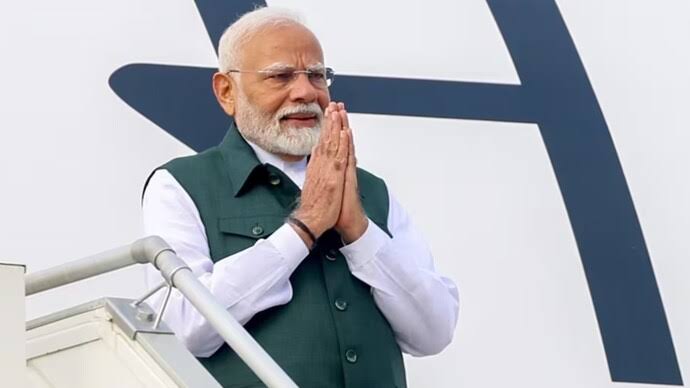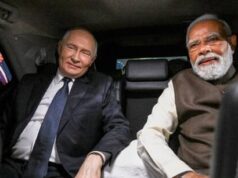PM Modi has no time or inclination to attend G7 Summit in Canada

Amid frosty ties between Ottawa and New Delhi, PM Modi in fact has no time to visit Canada for the upcoming G7 Summit. Neither has he the inclination to visit even if the Canadian side approached India regarding the visit. In fact before attending such type of summits the relationship between te two countries must improve.
India is now the third largest economy in PPP terms and fouth largest in US dollar terms and also the fastest growing major ecinmy. However Prime Minister Narendra Modi will not be attending the upcoming G7 Summit in Canada, marking the first time in six years that he would miss this high-profile gathering of the world’s most industrialized nations. The summit, scheduled for June 15–17, 2025, in Alberta, is being hosted by Canada, but diplomatic tensions between Ottawa and New Delhi have eliminated any potential visit by the Indian leader.
The primary reasons for this absence are multifaceted. First, Modi has no inclination to visit Canada. Also India has not received any official invitation from Canada for the summit, nor has the Canadian government approached India regarding the visit.
Even if an eleventh-hour invitation were to be extended, New Delhi is not inclined to accept it, citing logistical constraints and ongoing security concerns. The security worries are particularly pronounced after Operation Sindoor. Also presence of terrorist groups in Canada is a major concern.
The backdrop to these tensions is the unresolved diplomatic fallout from the 2023 killing of Canadian terrorist Nijjar on Canadian soil. Former Canadian Prime Minister Justin Trudeau publicly accused Indian government involvement in the incident, a claim that India has outrightly repeatedly and vehemently rejected as baseless and a total lie by Trudeau.
This escalated into a diplomatic standoff, with both countries expelling each other’s diplomats. Although a new Canadian government under Prime Minister Mark Carney has expressed interest in rebuilding ties, there has been no clear resolution to the Canadian terrorist Nijjar case, and Sikh separatist groups remain vocal in their opposition to Modi’s potential visit. Canada by not eradicating these terror groups, like Pakistan will now be seen as supporting hem.
While leaders from other major economies and invited nations—such as South Africa, Ukraine, and Australia—have reportedly accepted their invitations, India’s absence at the summit will be notable, especially because of the economic clout now being wielded by India.
The Ministry of External Affairs has twice stated in recent weeks that it has “no information” regarding any possible visit by the Prime Minister to Canada for the summit. Indian officials have emphasized that significant improvement in bilateral relations is essential before any high-profile visits can be considered, and that security concerns must be adequately addressed before the Indian Prime Minister travels to Canada in the future.
PM Modi’s absence from the G7 Summit in Canada underscores the persistent diplomatic hurdles between India and Canada, rooted in issues related to Canadian support to Khalistani separatist activities from Canadian soil, security risks, and the aftermath of the Canadian terrorist Nijjar case. The situation highlights the need for both nations to rebuild trust and address mutual concerns before high-level engagement can resume.




